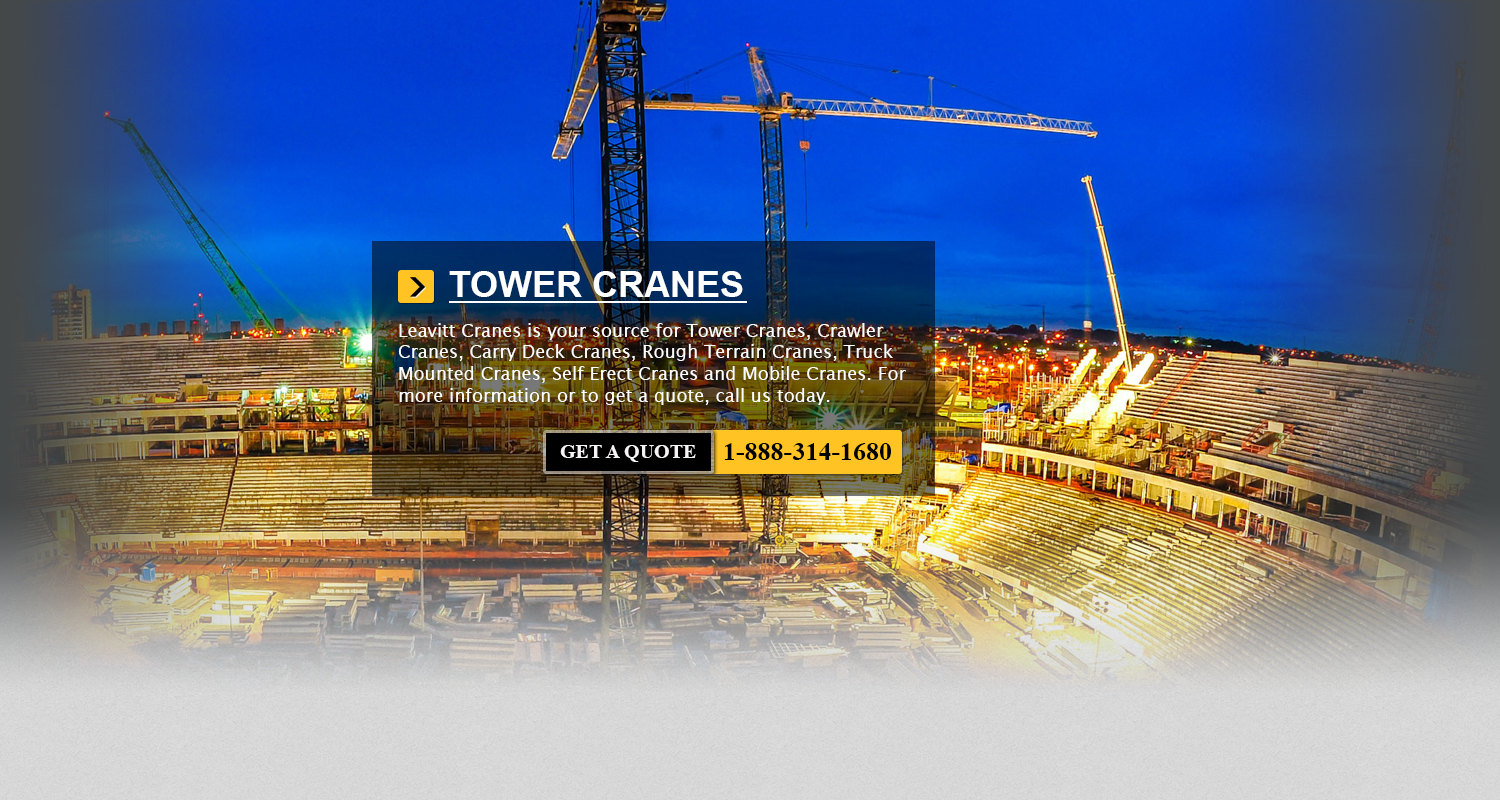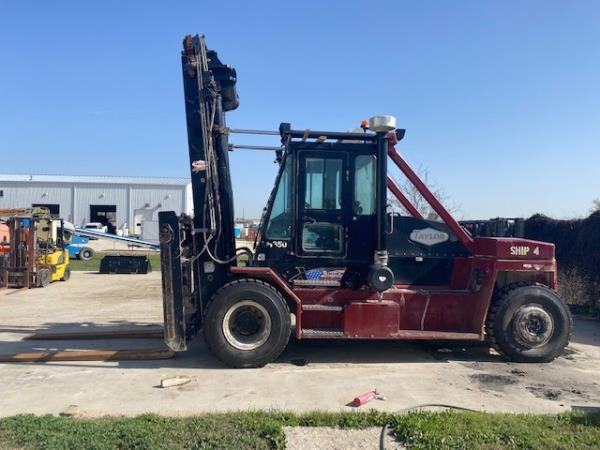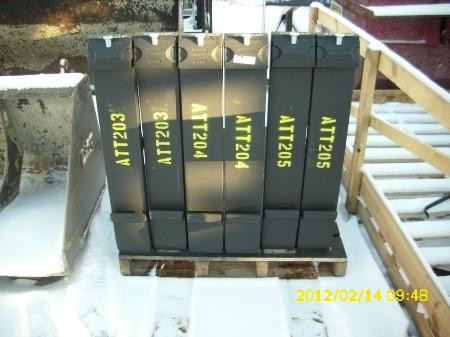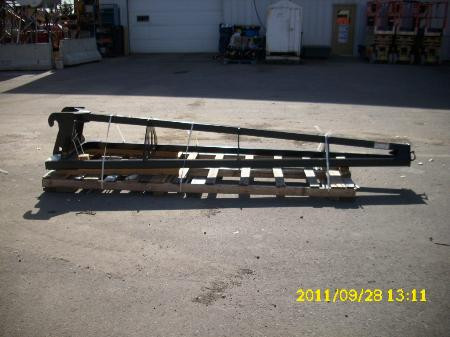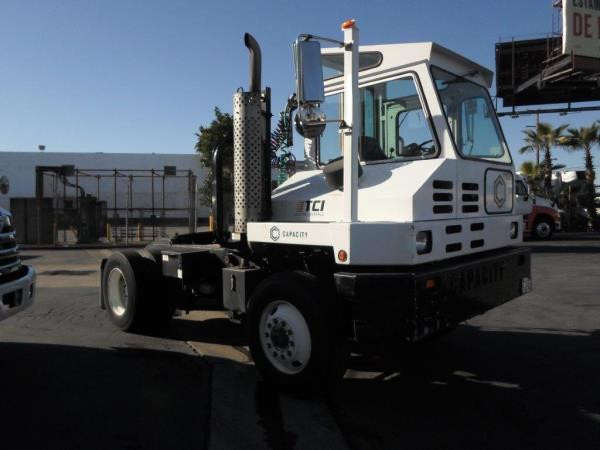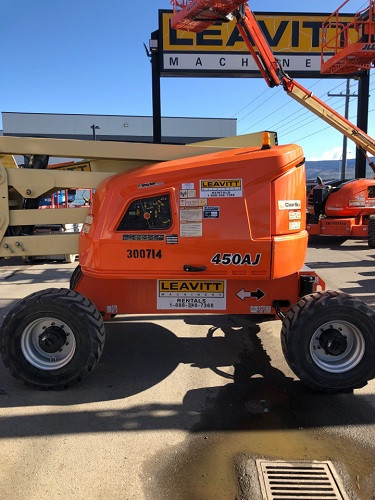
Skyjack Articulating Boom Lifts Sacramento
What Precisely Is an Articulating Boom Lift?
An articulating boom lift is an industrial equipment which is utilized in numerous applications from construction to electrical repair. These highly maneuverable lifts make working at heights a lot efficient and safer.
Height
Knuckle boom lifts are a different term for articulating boom lifts. These machines could reach heights from 36 feet to 131 feet, depending on the model of the particular lift.
Design
The articulating boom has a big arm or boom with multiple bending elbows. These are in conjunction with extendable arms which enable the articulating lifts to reach outwards and over things in addition to upwards.
Articulating vs. Telescoping
Telescoping or straight boom lifts have a working height that ranges from 46 to 86 feet. Unlike articulating lifts, these ones do not have elbows and extend in a straight line. This simplifies some of the lift training but also restricts the areas that are able to be reached with it.
Advantages
The design of the articulating boom lift helps to ensure it could negotiate around obstacles and objects. These lifts are convenient for indoor application, available in electrical models and have zero tail swing. These particular types of lifts are perfect for crowded work situations.
SJ 46AJ
The A-Series Articulating Boom engineered by Skyjack was designed for utilizing many of their dependable and efficient design features. The SJ 46AJ offers an industry leading, 360 degree continuous turret rotation which is standard equipped. Thanks to the turret design allowing for easy operation in tight areas, this particular model also provides zero tail swing.
Skyjack is well known for its extreme terrains and positive traction. Many of their machines provide axle based 4WD. These equipment are known for having a reliable and rugged drive train and proven low maintenance. Moreover, the AJ has been designed with a rear axle hydraulic differential unlock and lock switch. This allows the operator to lock the rear differential when traveling on rough ground.
- Taylor Lifts Sacramento
No matter what kind of business or industry you are a part of, it will be necessary to have a lift truck if you have components or equipment to transport on a consistent basis. Whenever... More - Yale IC Forklifts Sacramento
Internal Combustion Lift Trucks The Internal Combustion forklift belongs within the class IV and V forklift classification. They can be liquid propane, gas or diesel units. Primarily, the ICE or also referred to as internal... More - Skyjack Knuckle Boom Lifts Sacramento
Boom Truck Boom trucks are quite like cranes and can be equipped with a winch for lifting. This will depend on the weight and size of the vehicle, that determines the type of cargo that... More - Hyundai Lift Trucks Sacramento
Hyundai Electric and IC forklift trucks offer excellent quality and comfort. Some of the top priorities in the equipment design comprise safety and high durability. There are more than 70 different models of Hyundai Forklifts... More - Manitou Duel Fuel Forklift Sacramento
Lift trucks are key pieces of industrial machines for a range of businesses and industries. Numerous thousands of businesses all over the globe would come to a screeching halt if their lift truck was unable... More
